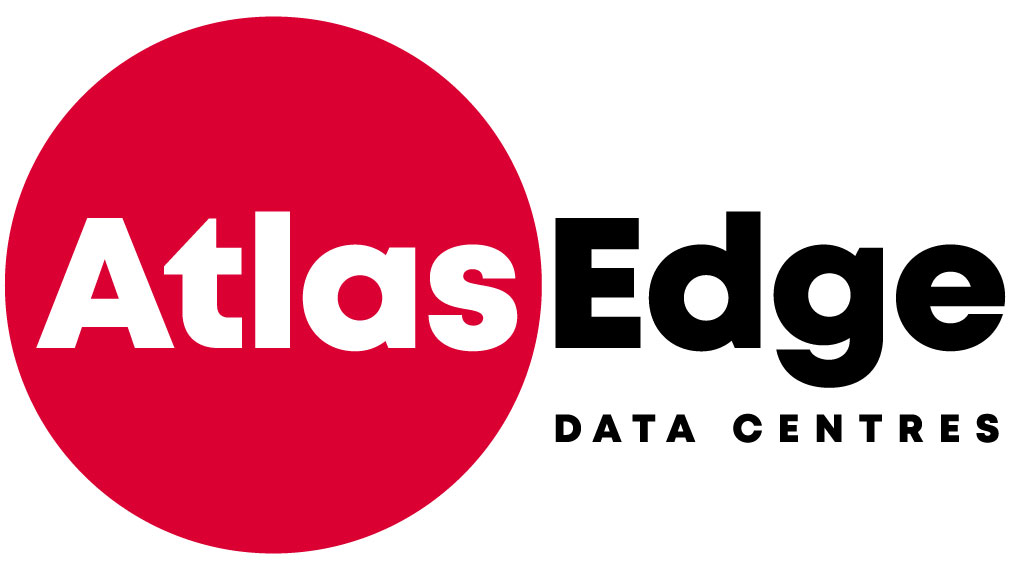Viladecans Data Centers Locations (23)














































About Viladecans, Spain Data Centers Market
Viladecans Data Centers
Viladecans, located in the Barcelona metropolitan area of Catalonia, presents strategic advantages for data center operations due to its proximity to one of Spain's major economic and technological hubs, Barcelona. This proximity offers substantial connectivity and accessibility to a broad market of businesses requiring advanced data services.
The city benefits from well-developed infrastructure, including reliable power supplies and extensive telecommunications networks essential for high-performance data center operations. Viladecans’ mild Mediterranean climate is advantageous for data center cooling, allowing for more energy-efficient operations throughout the year.
Local government initiatives aimed at promoting technological investments in the region include potential tax incentives and support for infrastructure development, enhancing the appeal of Viladecans as a data center location. Additionally, the area’s access to a skilled workforce, supported by nearby universities and technical institutes, ensures a steady supply of talent for data center management and operations.
Strategic Advantages
Viladecans’ location within the Barcelona area provides significant logistical benefits, including excellent connectivity to major urban centers via road, rail, and air. This connectivity is essential for data centers that require rapid deployment and maintenance capabilities, as well as high reliability and low latency in data transmission.
The city’s proximity to Barcelona’s international airport and major seaport facilities facilitates logistics and global connectivity, crucial for data centers that serve international clients and need to manage global data traffic efficiently.
Furthermore, Viladecans’ ongoing development projects aimed at enhancing its technological infrastructure make it a progressively attractive site for data center investment, particularly for companies looking to expand their presence in Southern Europe.
Current Trends and Industry Developments
Sustainability is a key focus for data centers in Viladecans, with increasing implementation of green technologies and energy-efficient systems. These initiatives are driven by both environmental considerations and the potential for operational cost savings through reduced energy consumption.
The expansion of cloud services is another significant trend, with local data centers expanding their infrastructure to support a variety of cloud computing models. This expansion meets the growing demand from regional businesses for scalable and flexible IT resources that support digital transformation strategies.
Security remains a paramount concern, with data centers investing in comprehensive security measures to protect against evolving cyber threats. These measures are essential for maintaining client trust and ensuring compliance with stringent EU data protection regulations, particularly in sectors like finance and healthcare.
Future Developments and Opportunities
Looking ahead, Viladecans is well-positioned to capitalize on the increasing demand for data services, driven by the continuous growth of digital technologies and the strategic importance of the Barcelona metropolitan area. The city’s location, combined with its developing infrastructure, makes it an attractive hub for new and expanding data center projects.
There is potential for Viladecans to become a leader in innovative data center solutions, particularly in the realms of sustainability and energy efficiency. Collaborations between data centers, local businesses, and academic institutions could foster innovations that enhance Viladecans’ competitive edge in the data center market.
Lastly, as concerns over data sovereignty and the need for secure data management continue to rise, Viladecans’ data centers could attract more companies seeking compliant and strategically located data storage solutions within the EU. This could lead to increased foreign investment and partnerships, further enhancing local economic development and reinforcing Viladecans’ position as an emerging data center hub.
GLOBAL
Top 10
Colocation Providers









